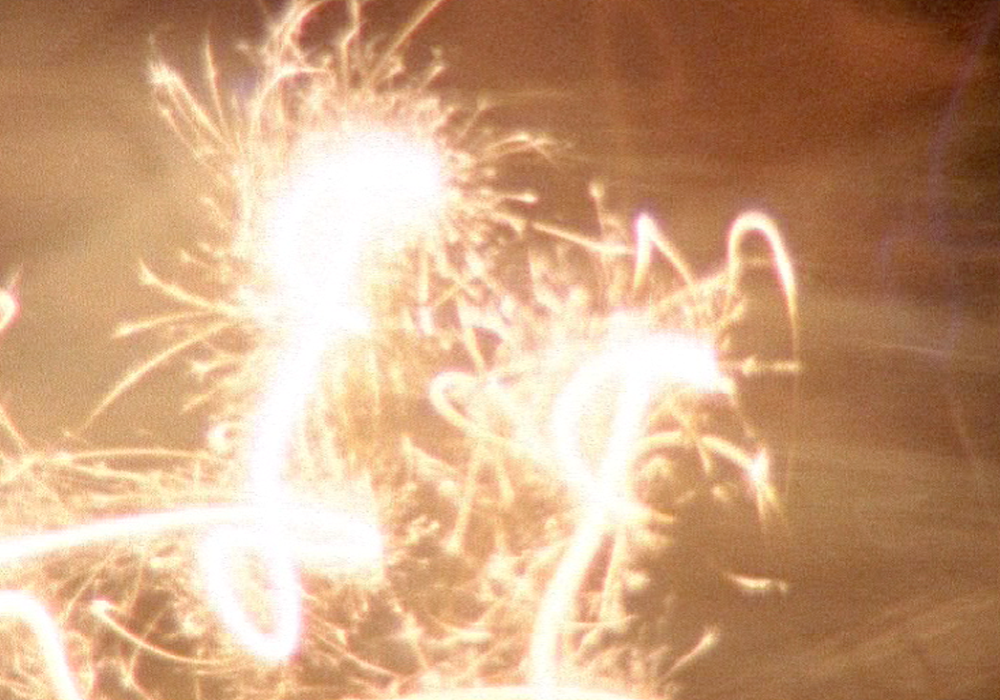
Rehearsals for Living
Leanne Betasamosake Simpson Robyn Maynard Harry Josephine Giles
Reading their letters to each other, and chatting about prefigurative politics as the practice of relentlessly building worlds through unspeakable violence and loss; of building worlds and living in them anyway.









